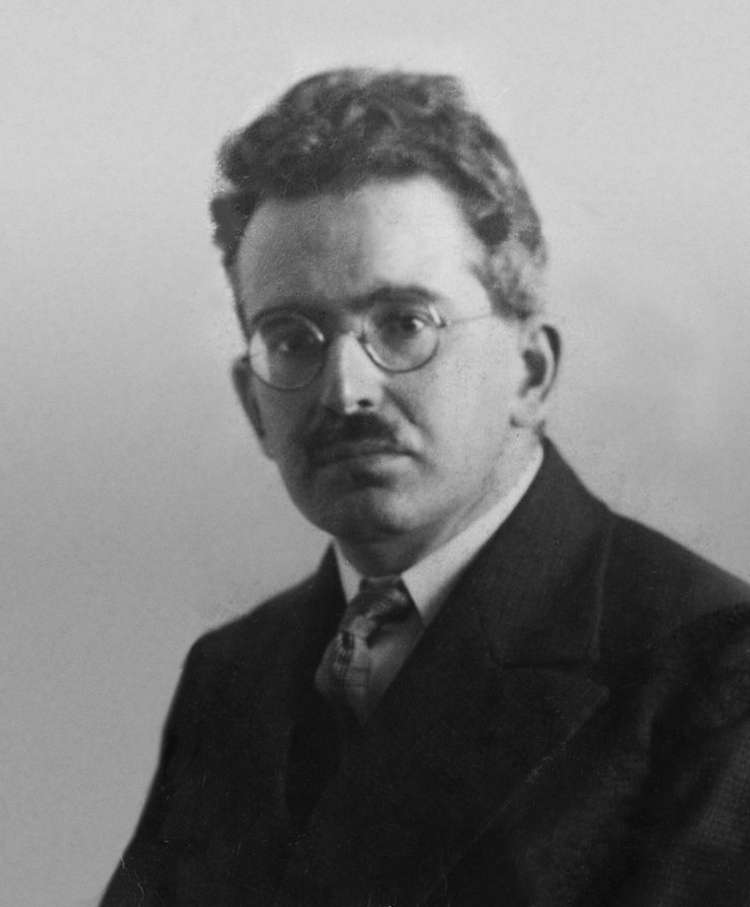
Walter Benjamin 1928
General info
“Walter Benjamin’s [1892-1940] importance as a philosopher and critical theorist can be gauged by the diversity of his intellectual influence and the continuing productivity of his thought. Primarily regarded as a literary critic and essayist, the philosophical basis of Benjamin’s writings is increasingly acknowledged. They were a decisive influence upon Theodor W. Adorno’s conception of philosophy’s actuality or adequacy to the present (Adorno 1931). In the 1930s, Benjamin’s efforts to develop a politically oriented, materialist aesthetic theory proved an important stimulus for both the Frankfurt School of Critical Theory and the Marxist poet and dramatist Bertolt Brecht.” (credit – Stanford Encyclopedia of Philosophy)
Flânerie-specific info
“In the twentieth-century Walter Benjamin returned to the concept of the flâneur in his seminal work, The Arcades Project. This weighty, but uncompleted, study used Baudelaire’s flâneur as a starting point for an exploration of the impact of modern city life upon the human psyche.” …
“In The Arcades Project, Benjamin puts forward two complementary concepts to explain our human response to modern city life. Erlebnis can be characterised as the shock-induced anaesthesia brought about by the overwhelming sensory bombardment of life in a modern city, somewhat akin to the alienated subjectivity experienced by a worker bound to his regime of labour. Erfahrung is a more positive response and refers to the mobility, wandering or cruising of the flâneur; the unmediated experience of the wealth of sights, sounds and smells the city has to offer. Benjamin was interested in the dialectic between these two concepts and cited Baudelaure’s poetry as a successful medium for turning erlebnis into erfahrung. As Benjamin wrote in his section of Illuminations entitled On Some Motifs in Baudelaire:
The greater the share of the shock factor in particular impressions, the more constantly consciousness has to be alert as a screen against stimuli; the more efficiently it does so, the less do these impressions enter experience (Erfahrung), tending to remain in the sphere of a certain hour in one’s life (Erlebnis).
Walter Benjamin, ‘Illuminations’
For Benjamin, the environment of the city, in particular the arcades of Paris, provided the means to provoke lost memories of times past:
it is the material culture of the city, rather than the psyche, that provides the shared collective spaces where consciousness and the unconscious, past and present, meet.
Susan Buck-Morss, ‘The Flâneur, the Sandwichman and the Whore: The Politics of Loitering’
…
“What we can be clear about is that Benjamin does not just write about the flâneur but, in The Arcades Project, he writes as a flâneur. As noted earlier, he metaphorises his textual practice into ragpicking, unearthing ‘the rags, the refuse’ from his extensive reading, his cutting and pasting from all manner of sources, into the text of this, his best known work. The origins of The Arcades Project are in the textual detritus of Benjamin’s research; a method that echoes Baudelaire’s ragpicker and which he refers to when he writes that:
poets find the refuse of society on their street and derive their heroic subject from this very refuse. This means that a common type is, as it were, superimposed upon their illustrious type. … Ragpicker or poet — the refuse concerns both.
Walter Benjamin, ‘Charles Baudelaire: A Lyric Poet in the Era of High Capitalism’
The ragpicker is recurring motif in Benjamin’s writing and offers a useful metaphor for his textual methodology. Benjamin focuses on the margins of the modern city, scavenging amongst the texts and oral histories that have been omitted or neglected. Literary ragpicking resurrects discarded texts, forming them into new texts. Benjamin was interested not just in what is, but in what was and what might be. He is looking for where the imagined city meets the material one.”
(credit)